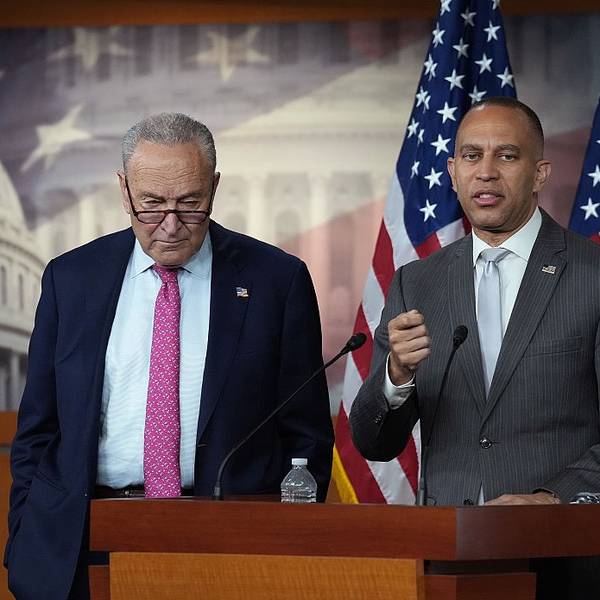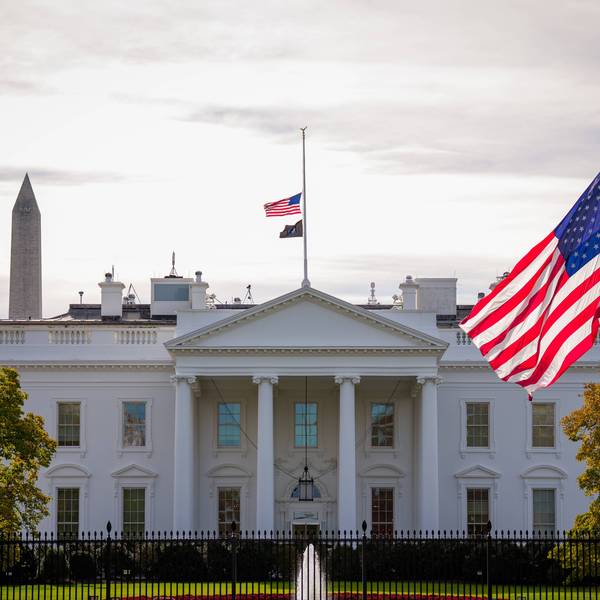Twenty-two years after his arrest, and three hours after his scheduled execution date, Troy Davis was executed. After two decades of litigation, why, with minutes to spare, where the courts still grappling with questions of innocence?
The answer lies in a broken criminal justice system, where you are more likely to be sentenced to death if you are poor and black. Throughout the Deep South, trial lawyers are paid measly sums of money (as little as $1000 for a death penalty case, often requiring thousands of hours of work), attracting desperate lawyers who cannot find better remunerated work elsewhere.
In theory, guilt is decided by a supposedly impartial jury. Yet persuading jurors to set aside their bias and to look past months of prejudicial media coverage is often a close to impossible task. Davis's case was infamous in Chatham County in the early 1990s for one simple reason: he was an African American man accused of killing a white police officer.
Once the prisoner is sentenced to death, it becomes harder and harder for the defence to present new evidence of innocence. The doctrine of procedural default means that defence attorneys must overcome high procedural hurdles in order to raise new points of law, and to introduce facts that have not been raised in previous appeals. As the case winds it way through the courts, via elected judges with one eye on the pro-death-penalty vote, defence lawyers must first win arguments of procedure before they are able to reach the merits of their claims.
Take the case of Holly Wood, a prisoner with serious mental impairment executed in Alabama last year. The eleventh circuit court of appeals in Atlanta simply avoided answering a key question: whether Wood's trial lawyers had breached his constitutional rights by failing to investigate his mental functioning. The court cited the fact that Wood's appellate lawyers had failed to properly preserve this issue on earlier appeals; in other words, because the issue had not been raised early enough, it could not be raised at all. The US supreme court upheld the 11th circuit's decision and Woods was executed a short while later.
Meanwhile, death row prisoners - many with mental problems like Holly Wood - are locked up in solitary confinement for 23 hours a day. They wait year upon year, decade upon decade, in dread of their execution date. Most states will set the date three months in advance, and at that point defence lawyers prepare for one final legal assault.
Yet here, where the stakes are highest, the procedural hurdles are higher than ever. With only three months to prepare such a crucial and difficult submission, it is no surprise that lawyers are continuing to file petitions as clients eat their final meals and say their last goodbyes. Reprieve worked to prevent the execution of Mark Stroman in July. Stroman was granted a temporary stay even as he said his final prayers, strapped to the gurney. The court denied the stay 90 minutes later and he was executed.
Troy Davis and his family suffered a similar emotional rollercoaster ride, receiving a brief reprieve before being executed a few hours later when the US supreme court lacked the courage to send the case to lower courts to consider evidence of his innocence.
The sad truth is that, appalling though it was, Troy Davis's case isn't anything we haven't seen before. Day after day, year after year, anyone following the US criminal justice system will see the hardest punishments hit the very people who are least able to defend themselves.




